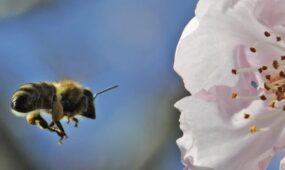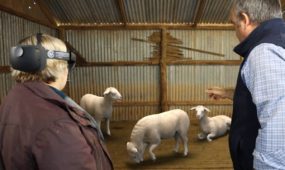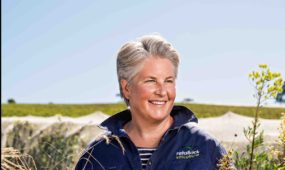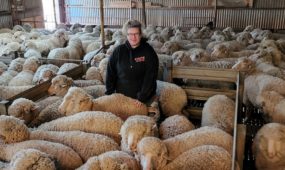Tough titanium filters make fine wine progress
Primary Industries
Filtration membranes made from titanium are beginning to establish a presence in the wine industry as wineries look to maximise solids extraction and improve efficiency.

Sign up to receive notifications about new stories in this category.
Thank you for subscribing to story notifications.
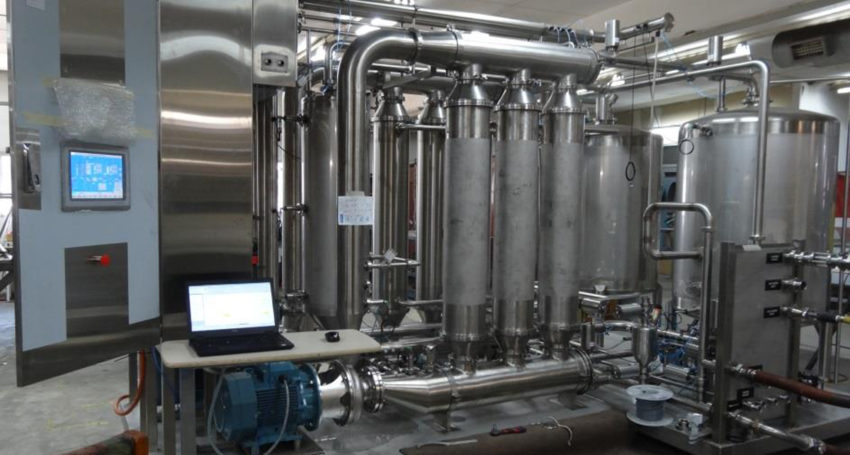
South Australian company Advanced Material Solutions (AMS) this year commissioned a wine filtration unit at Casella Family Brands in New South Wales, where Yellowtail wine is made. Similar systems will be commissioned at large-scale wineries in South Australia in the coming weeks.
An AMS system equipped with a titanium membrane is also set to begin filtering wine in California’s Napa Valley later this month.
AMS Managing Director Gilbert Erskine said the titanium membranes, which can extract solids up to 80 per cent, could run 24-hours a day for a week without having to stop for cleaning. Polymeric (plastic) or ceramic filters, which have extraction limits of around 10 per cent, can spend 30 per cent of their time in cleaning modes, which often include chemicals.
He said the difference between 10 per cent solids and 80 per cent solids would lead to an extra 7 per cent being captured and eventually bottled rather than discarded as waste.
“After extensive trials, we have demonstrated the cost and efficiency benefits of replacing traditional crossflow filtration systems with our titanium membranes.”
“We want to get out and prove just how good this is.
“We’ve got a technology that really is fantastic and well suited to wine so I just want to get it into the wine industry because it’s been a long time coming.”
The pioneering, non-corrosive titanium membrane system delivers exceptional durability and outcomes in separation of suspended solids in grape juice and wine.
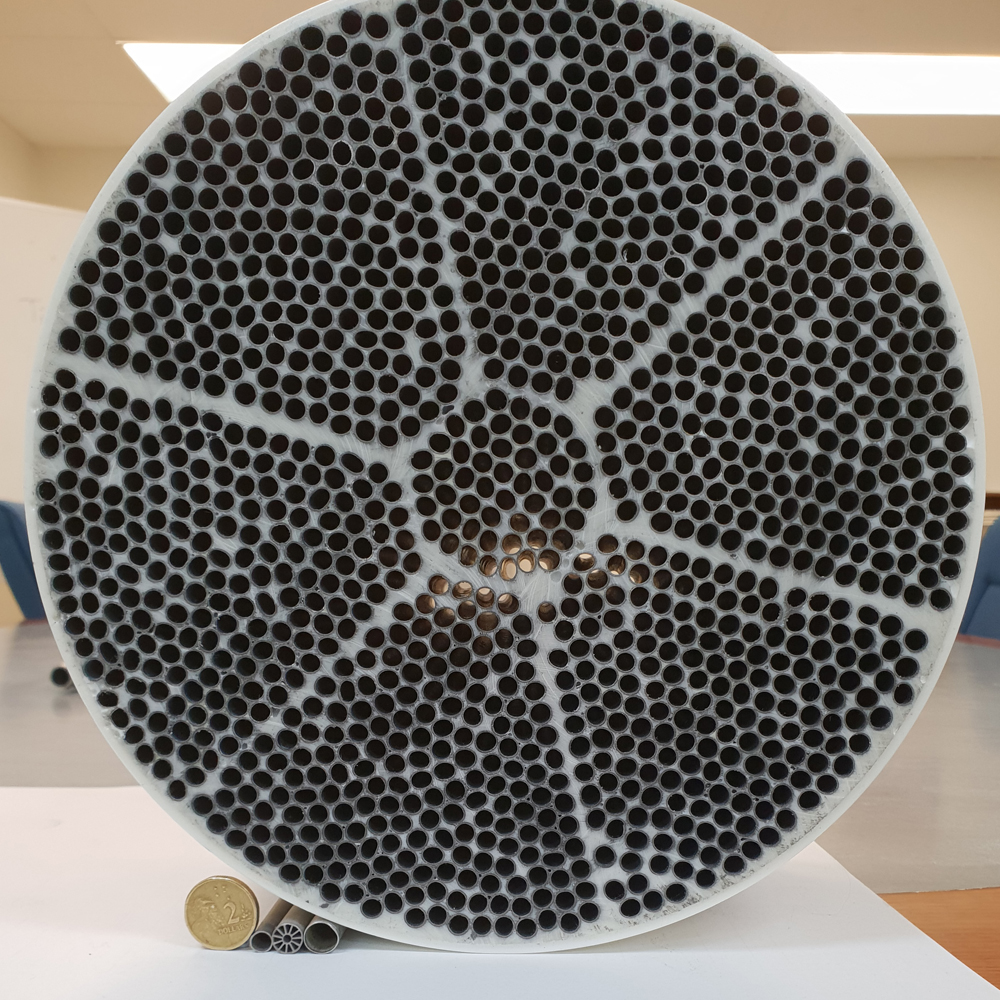
The small bore titanium membranes can be scaled up into large module diameters.
The tubular cross flow titanium membranes operate efficiently and reliably across a wide range of temperatures, pressures and pH levels.
The system is scalable to suit all sizes of wineries, with the bigger units trialled so far featuring four sets of membranes capable of filtering 35,000-40,000 litres an hour. They produce clean filtrate at less than 1NTU and solids of up to 80 per cent.
Based at Lonsdale in Adelaide’s southern suburbs, AMS Filtration has been in business since 1985 and has had a long affiliation with the wine industry.
It started out making stainless steel fittings, heat exchangers and refrigeration plants for wineries before experimenting with polymeric, ceramic and stainless steel filter membranes.
Erskine said AMS was now also offering the retrofitting of existing units.
“In filtration units with plastic membranes and ceramic membranes, those membranes all fail and go to landfill and globally it’s a massive problem,” he said.
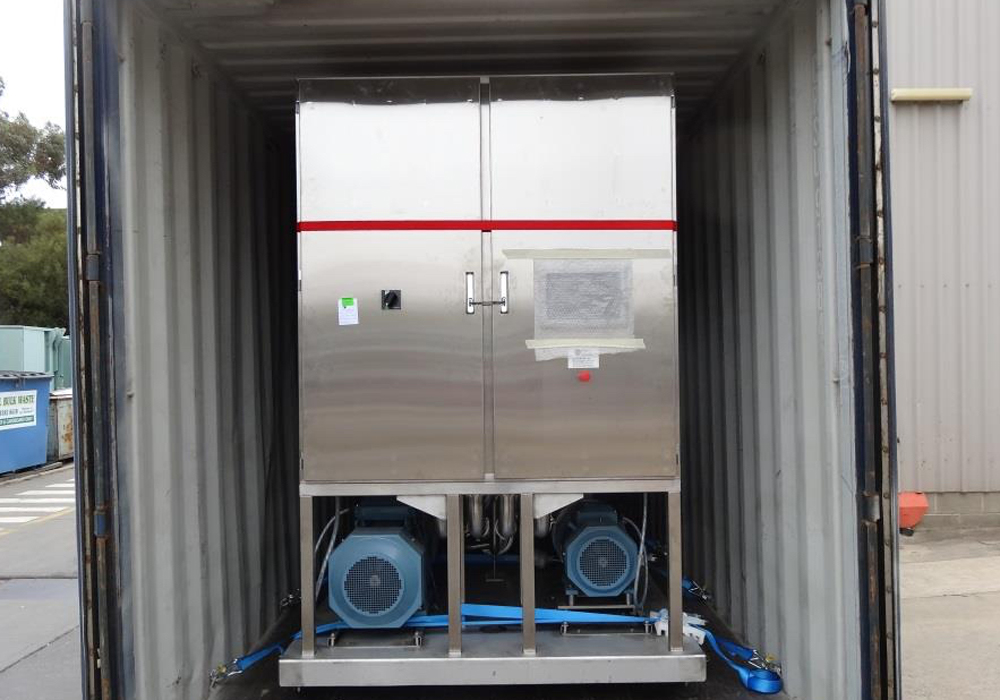
This California-bound filtration unit was recently shipped from Adelaide to North America.
“By replacing them with titanium we can more than double the throughput of an existing filter. The reason for that is the titanium membrane produces a higher flux or throughput, it runs longer in between needing to be cleaned and it won’t need replacing again for the life of the machine.
“Our complete system will still do much higher solids than the others but the replacement option will be a good testing ground and it’s a new revenue stream for us.
“It’s small little bites rather than trying to go for full plants so it will be an easier decision for the winery maintenance manager or whoever is making the decision.”
AMS Filtration has also developed systems for wastewater treatment and is working on applications for the wool, oil and powdered milk industries.
“We’ve become end to end so we can bring our raw materials in, we’ve got a good reliable source of material now and from bringing the raw material in to producing high-quality membrane is completely sorted and the fabrication shop has been streamlined,” Erskine said.
Jump to next article
